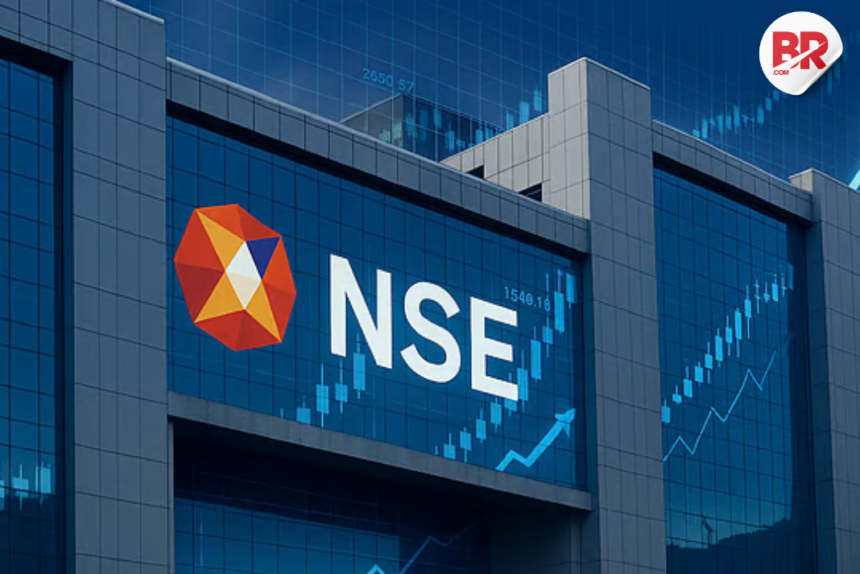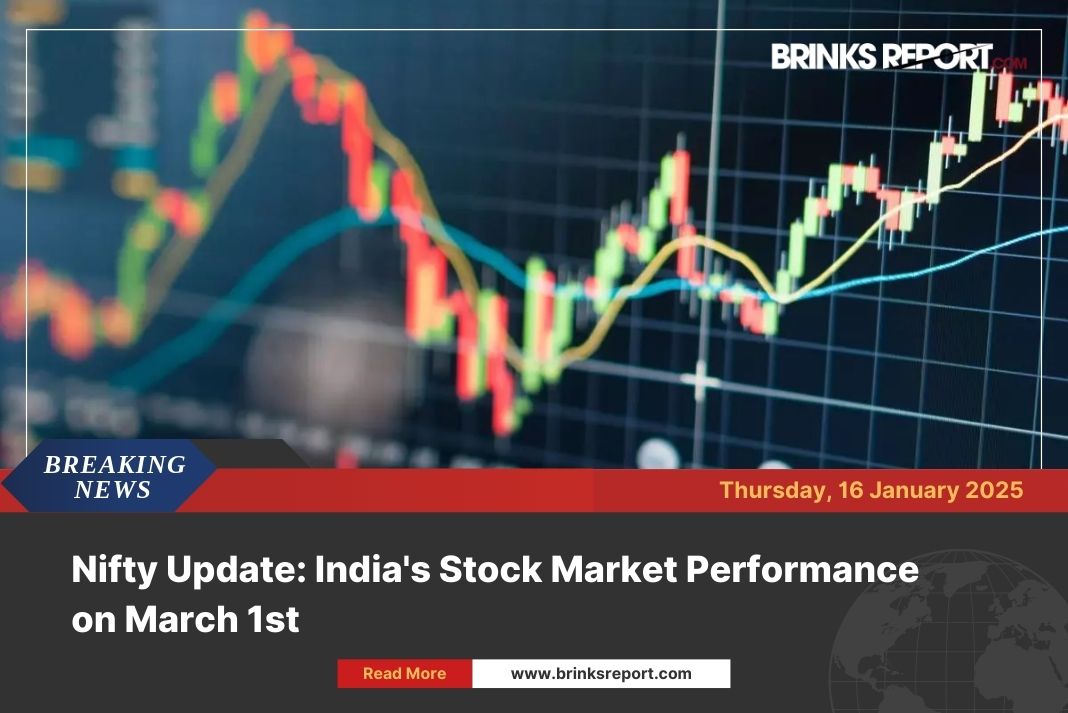
India’s National Stock Exchange (NSE) has hit a private market valuation of $58 billion, up a staggering 60% in just months. The buzz? A long-delayed NSE IPO may finally happen this year.
Big investors are snapping up unlisted NSE shares faster than the supply can handle. Some intermediaries even had to return money when sellers pulled out last minute. That’s how hot the demand is.

Why does it matter to you?
If you’ve ever wanted a slice of India’s financial future, this could be your moment. The NSE is not just any exchange — it’s the world’s largest equity derivatives platform. And it might soon be publicly traded.
For everyday investors, this means potential access to a blue-chip Indian asset with global stature. Think Nasdaq… but desi.
From Delay to Surge: A Turnaround Story
The NSE was supposed to go public back in 2016. But the dream was shelved after a major scandal involving unfair access to its high-speed servers. The result? A six-month ban and years of legal limbo.
Now, with the legal fog clearing, investors sense a green light. Wealthy individuals and institutions have been buying up shares at Rs 2,000 ($23) apiece in private deals, per Bloomberg.
That’s a leap from just $36 billion valuation in September, meaning it jumped $22 billion in under four months.
Also Read Groww IPO: Is the $7-8 Billion Valuation Justified Amid SEBI F&O Rules?
NSE vs The World
At $58 billion, NSE is now bigger than Nasdaq Inc. in terms of private valuation. It’s also fast closing in on Deutsche Boerse’s $62 billion market cap. That’s not just impressive — it’s historic.
The exchange has 2.5 billion shares in private circulation. Roughly 64% are held by public investors, including major backers like Life Insurance Corporation of India and Canada Pension Plan Investment Board.
And with IPO talks heating up again, insiders say the bourse is eyeing tweaks to its products — like changing the derivatives expiry date from Thursday to Tuesday — to claw back market share from rival BSE Ltd.
What’s the catch?
With demand far outweighing supply, some sellers are backing out. Scarcity is driving up the price — and the drama.
Investors want in before the listing boom. But here’s the irony: the exchange known for bringing liquidity to others now faces a liquidity crunch in its own stock.
India’s financial powerhouse is back in the game. And this time, the world’s watching — not just trading.
Also Read NSE IPO Nears, But the Co-Location Scandal Isn’t as “Settled” as They Claim












